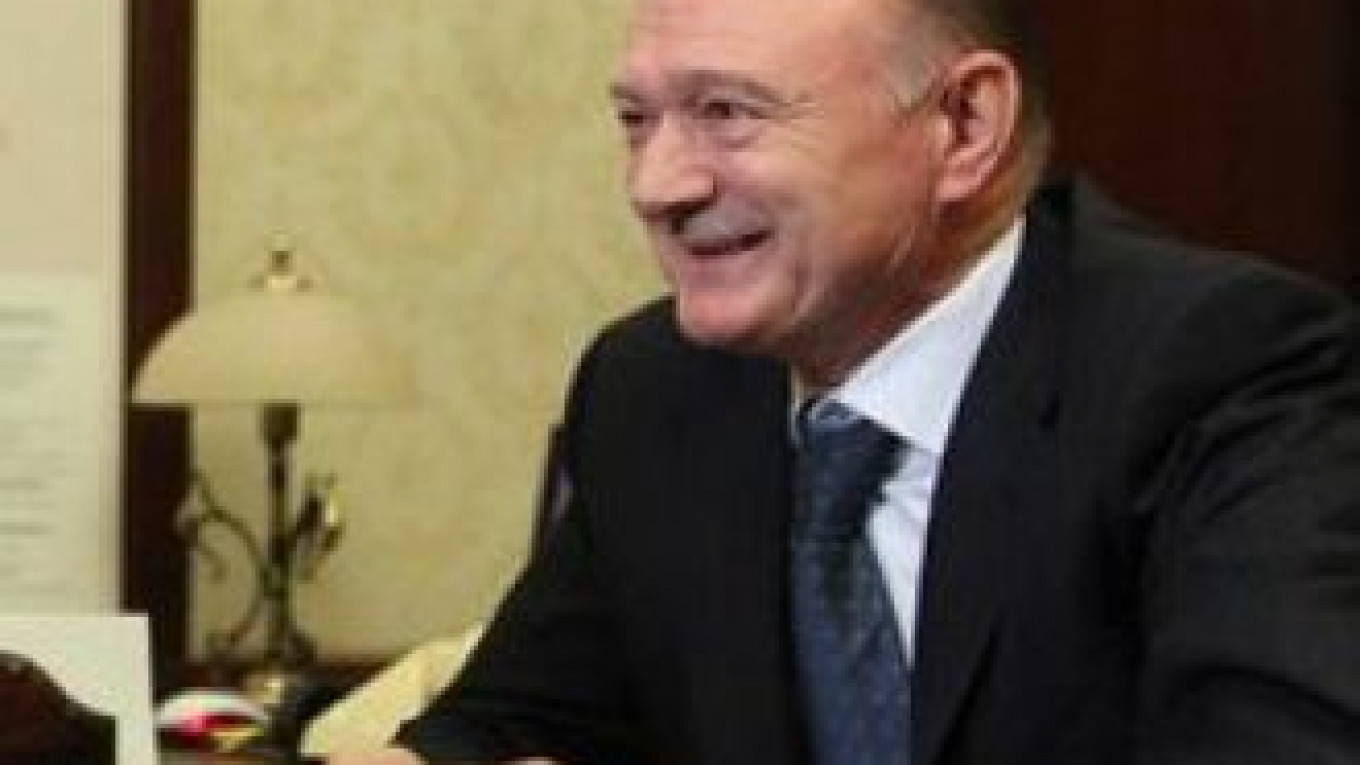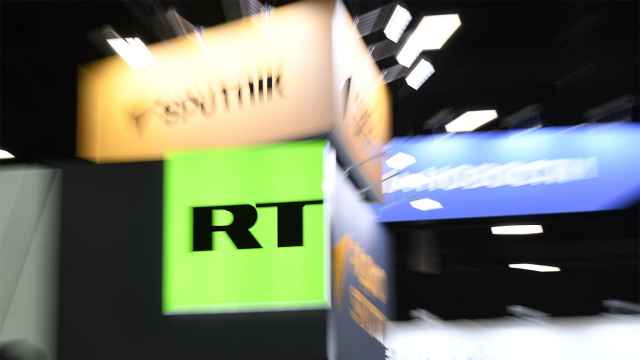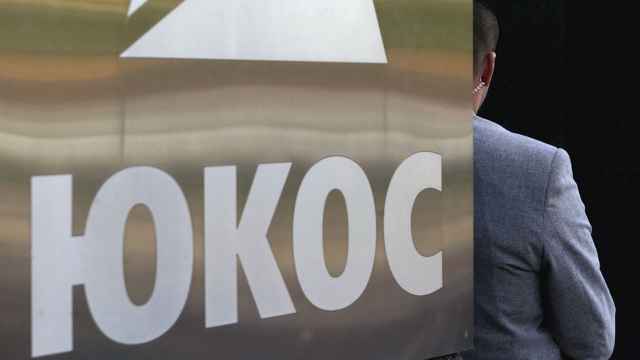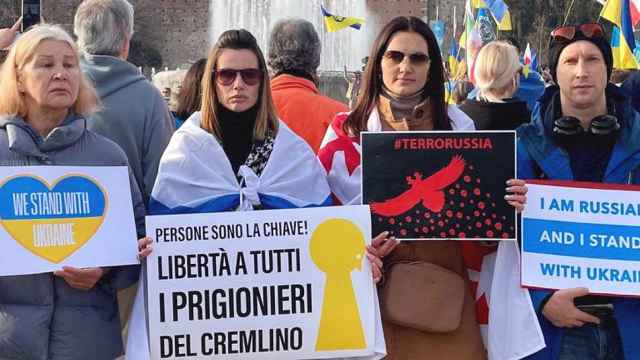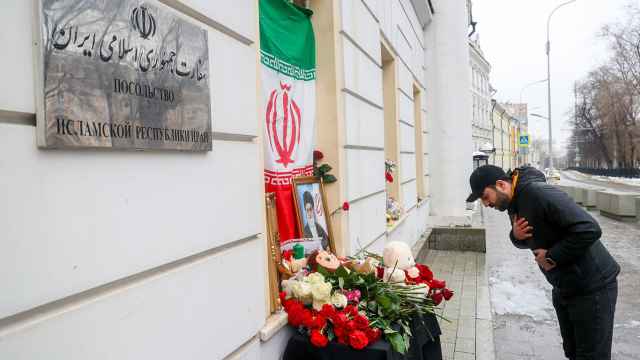Ryazan Governor Oleg Kovalyov resigned Wednesday but remained at the reins after immediately being appointed acting governor by President Vladimir Putin. He promised to run for the post in a fall election.
Kovalyov, who has served as governor since being appointed by Putin in early 2008, explained his resignation by saying he wanted to shore up his public mandate, and he promised to work even harder and to shake up the regional administration if elected.
“We’ll sweep out all the useless boyars,” he told journalists at a news conference, according to a transcript posted on the regional government’s website.
Ryazan will now become one of five regions to hold gubernatorial elections this fall, along with Bryansk, Novgorod, Amursk and Belgorod.
The practice of electing regional leaders, abolished in 2004 at Putin’s initiative, was reinstated this year as part of a raft of political reforms put forward by former President Dmitry Medvedev.
Ryazan, which abuts the Moscow region to the southeast and is home to 1.1 million people, is a center of oil refining, electronics and construction.
Dmitry Shatilov, head of the local branch of the liberal Yabloko party, described the move as a “ruse” designed to shore up an unpopular governor and said Kovalyov lacked charisma and accomplishments.
“Since he’s not ready for democratic elections, he wants to make sure that his opponent isn’t ready either,” he said.
A report released by the influential Petersburg Center think tank in March suggests that Kovalyov, a United Russia member and a former State Duma deputy, could struggle in an open contest.
The analysis gave him only 2 points out of 5 on a political survival scale, citing low popularity, discord among local elites and a lack of notable achievements.
Potentially adding to his woes, the ruling party won 39.8 percent of the vote in the region in December’s parliamentary elections, well short of the 49.3 percent United Russia received nationwide.
In a Public Opinion Fund poll conducted in October, less than 30 percent of residents approved of Kovalyov’s performance, Gazeta.ru reported.
Shatilov said the opposition has a chance if they unite around a single candidate.
Opposition leader Ilya Yashin raised the possibility of nominating Duma Deputy Dmitry Gudkov, 32, a major opposition figure who represents Ryazan from the A Just Russia party, in a message on his Twitter blog.
But other indications point to a Kovalyov victory.
“The law on elections is written such that if the Kremlin wants to, they can prevent all serious opponents from running and conduct the election as a referendum on Kovalyov,” said Yevgeny Minchenko, who co-authored the Petersburg Center report.
Iosif Zelenyuk, a local businessman and member of the Opora business lobby, which works with the government, denied that Kovalyov was unpopular.
“Among businessmen, there’s no distaste or negative feelings toward Kovalyov. ... He hasn’t done anything really bad to us, and occasionally he’s done good things,” he said by telephone.
A Message from The Moscow Times:
Dear readers,
We are facing unprecedented challenges. Russia's Prosecutor General's Office has designated The Moscow Times as an "undesirable" organization, criminalizing our work and putting our staff at risk of prosecution. This follows our earlier unjust labeling as a "foreign agent."
These actions are direct attempts to silence independent journalism in Russia. The authorities claim our work "discredits the decisions of the Russian leadership." We see things differently: we strive to provide accurate, unbiased reporting on Russia.
We, the journalists of The Moscow Times, refuse to be silenced. But to continue our work, we need your help.
Your support, no matter how small, makes a world of difference. If you can, please support us monthly starting from just $2. It's quick to set up, and every contribution makes a significant impact.
By supporting The Moscow Times, you're defending open, independent journalism in the face of repression. Thank you for standing with us.
Remind me later.


